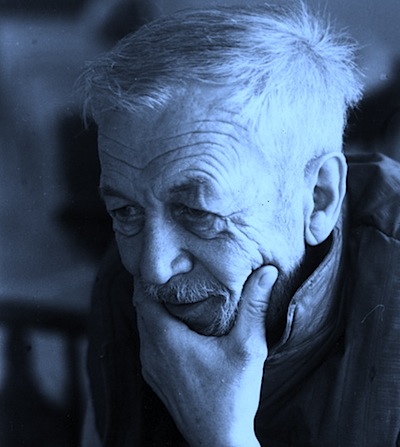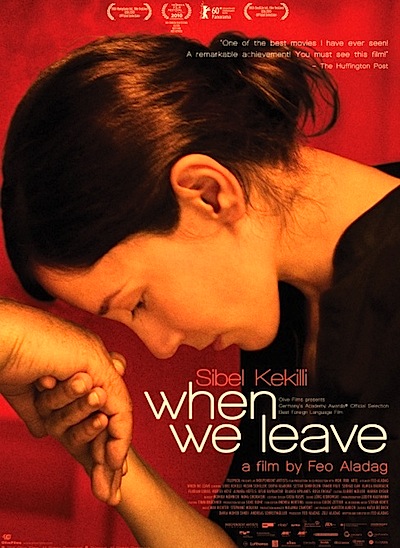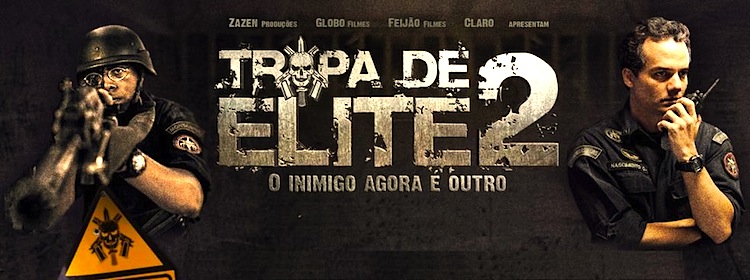By Joe Bendel. Like many contemporary Iranian filmmakers, the late great Franstišek Vláčil often focused on ostensibly apolitical subjects, like children and animals. Yet, as a filmmaker in the vanguard of the Czech New Wave, his work was still considered suspect by the Communist power structure. Though his career would be put on hold for six years following the 1968 Soviet invasion, the international acclaim greeting his 1960 feature film debut The White Dove promised great things at the time for the filmmaker, making it the perfect selection to launch Film Society of Lincoln Center’s Fantastic World of Franstišek Vláčil retrospective.
A group of doves is released in Belgium. On a small Baltic island, their handlers eagerly anticipate their return. However, young Susan’s bird has a late start due to a twinge of the wing. While detouring through Prague, the wheelchair-bound Miša’s pellet gun nearly proves fatal. Shamed by Martin, the artist in the next door apartment, he nurses the bird back to health, while Susan faithfully keeps watching the skies.

Dove is a deceptively simple story, involving several themes Vláčil would return to in later films, such as the bond between children and animals. Reportedly reluctant to overwhelm his youthful cast with extensive lines to memorize, Vláčil makes his points visually rather than verbally. Stark but sensitive, nearly every artful black-and-white frame lensed by cinematographer Jan Čuřík is suitable for framing. Indeed, it is an arresting film to behold, effectively contrasting the claustrophobic, urbanized Prague with the idyllic sun and sea of Susan’s Baltic isle. Adding further texture, composer Zdenek Liska’s spritely jazz interludes and more suggestive chamber music nicely underscore and reinforce the power of the film’s speechless moments.
Vláčil elicits some natural yet restrained performances from Karel Smyczek and Katerina Irmanovová, as the dove’s two youthful caretakers. He also captures the artistic impulse better in Dove than nearly any other film, raptly observing as Martin creates a series of works inspired by Miša and the injured dove (which are credited to Czech artists Theodor Pištěk and Jan Kablasa).
At times, Dove seems to suggest deeper allegorical significance, but Vláčil judiciously keeps it all rather obscure—though perhaps not obscure enough, in retrospect. (Whenever you have a cat named Satan hunting a peaceful white dove, it could be rather awkward explaining what each represents to the occupying commissar .)
Many have likened Vláčil’s films to poetry. Indeed, like a good poem (at least by Poe’s standards) Dove is relatively short at seventy-five minutes. Though it memorably evokes a child’s perspective, it is unquestionably high art cinema, better suited to the discerning connoisseur. A major work from a filmmaker under-exposed on the American film scene during his own lifetime, Dove kicked-off the FSLC’s welcome reappraisal of Vláčil’s films yesterday at the Walter Reade Theater.
Posted on February 3rd, 2011 at 12:17pm.






